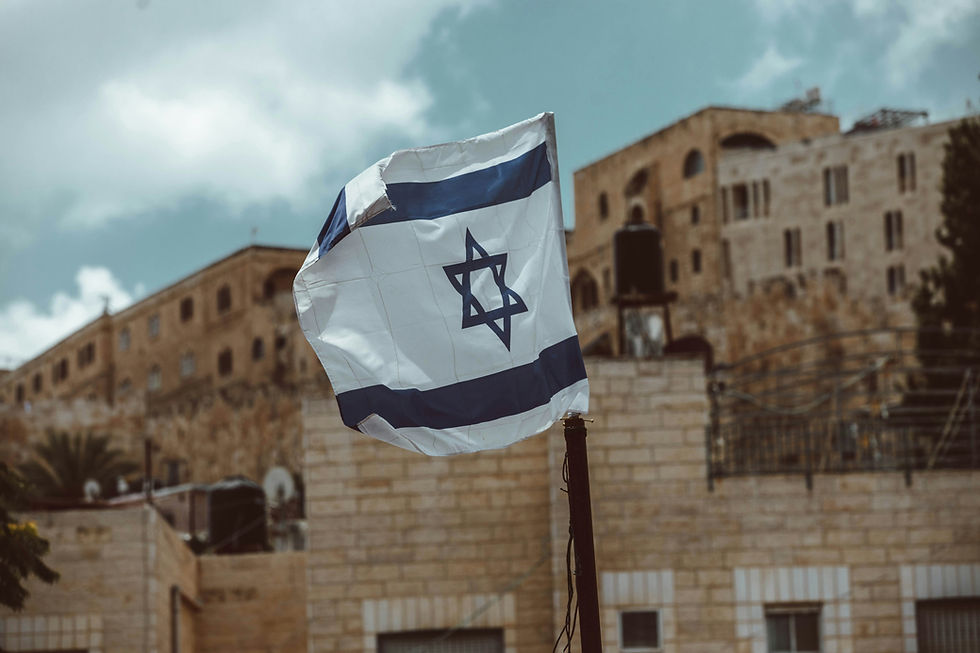Record executions in Iran threaten right to life and to due process.
- the Observatory for Human Rights
- Nov 17, 2025
- 2 min read

NGO Iran Human Rights is denouncing a record number of executions being carried out in Iran in September 2025, and more generally in the first 9 months of 2025.
The NGO denounces at least 171 executions in the month of September 2025 alone, an unprecedented number which brings the number of executions since the beginning of the year to over 1000. This is the fifth consecutive year that Iran has experienced an increase in death penalties. A breakdown of the numbers related to these executions reveals that among the targeted groups there are also women and minorities like Afghan nationals, Kurds, Baluch and Ahvazi Arabs.
Many executions have been reported as having followed unfair trials or vaguely worded national security charges. The victims are sentenced to death following not only serious crimes like murder, but also minor crimes like drug-related offences, and often with vague charges such as “enmity against God” (moharebeh), “corruption on Earth” (efsad-e fel-arz), and “armed rebellion against the State” (baghi). The fuzzy definition of these crimes justify a suspicion of the potentially pretextual nature of many of these charges. These data paint a dire picture of the unfair justice process leading up to the executions, which is underscored by the pervasive secrecy of these capital punishments: only around 11% of the executions over the whole year were reported by official sources.
Some of these charges, moreover, are consistent with an attempt by the Iranian government to prosecute enemies of the state, as they refer to accusations of espionage for Israel, to affiliation to banned opposition groups or to open protest within the Woman, Life, Freedom nationwide movement. Iranian citizens had already experienced a hardening of repression measures in the wake of the Iran-Israel crisis of June 2025, when the government had introduced some emergency measures leading to dangerous repercussions for civil rights. Among these were new and more repressive legislation on espionage, as well as the intensification of the campaign of surveillance and punishment targeting individuals suspected of espionage or accused of dissent.
The rampant numbers of these executions and the unfairness of the trials and of the charges constitute a grave assault on the fundamental right to life of all human beings, as well as to the right to a fair process. Global civil society organisations, such as Amnesty International, denounce the way that the Iranian government weaponises instruments such as the death penalty as a tool of political repression. This has been especially the case since the start of the Woman, Life, Freedom protests in 2022. Following the Iran-Israel crisis of June 2025, Special Rapporteur on the situation of human rights in Iran, Mai Sato, has expressed concerns about the way in which external aggression has fuelled and risks to fuel further and harsher internal repression. NGO Iran Human Rights has extended a call for more support from the international community to put a stop to such internal repression and unbridled killing of citizens under the guise of regime security.
written by Alessia Milillo





Comments